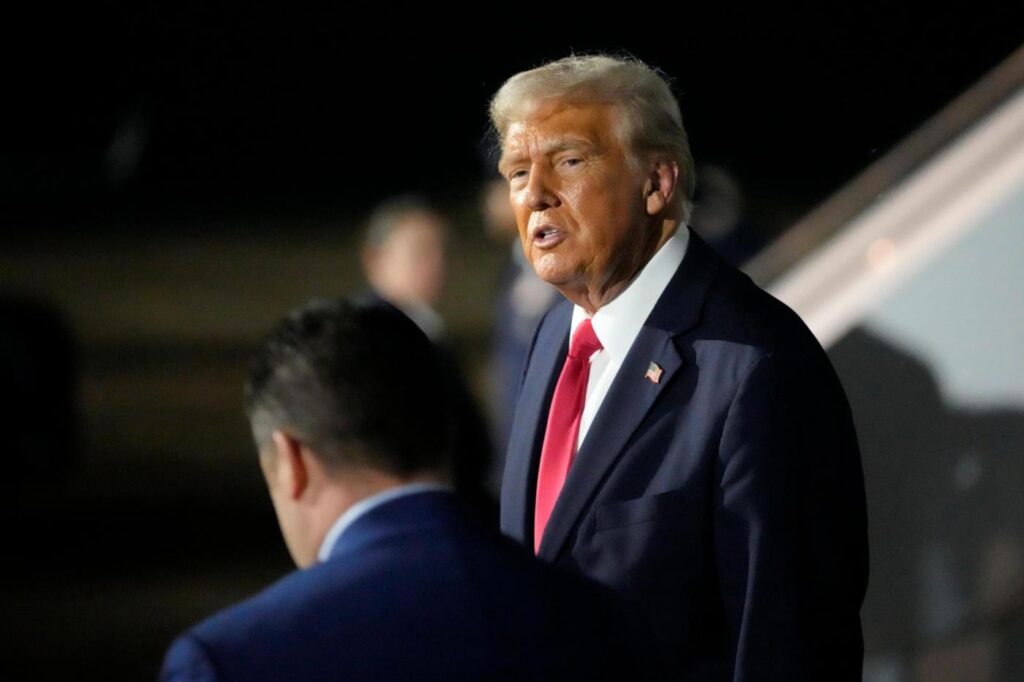
By LINDSAY WHITEHURST, Associated Press
CONCORD, N.H. (AP) — A third federal judge on Monday blocked President Donald Trump’s executive order ending birthright citizenship for the children of people who are in the U.S. illegally.
Related Articles
Trump says he has directed US Treasury to stop minting new pennies, citing rising cost
Trump says he will announce 25% steel and aluminum tariffs Monday, and more import duties are coming
Trump says he is serious about Canada becoming 51st state in Super Bowl interview
Supreme Court that Trump helped shape could have the last word on his aggressive executive orders
19 states sue to stop DOGE from accessing Americans’ personal data
The ruling from U.S. District Judge Joseph N. Laplante in New Hampshire comes after two similar rulings by judges in Seattle and Maryland last week.
A lawsuit filed by the American Civil Liberties Union contends that Trump’s order violates the Constitution and “attempts to upend one of the most fundamental American constitutional values.”
Trump’s Republican administration has asserted that children of noncitizens are not “subject to the jurisdiction” of the United States and therefore are not entitled to citizenship.
The administration is appealing the Seattle judge’s block on Trump’s executive order.
At the heart of the lawsuits in the three cases is the 14th Amendment to the Constitution, ratified in 1868 after the Civil War and the Dred Scott Supreme Court decision, which held that Scott, an enslaved man, wasn’t a citizen despite having lived in a state where slavery was outlawed.
In 1898, in a case known as United States v. Wong Kim Ark, the U.S. Supreme Court found the only children who did not automatically receive U.S. citizenship upon being born on U.S. soil were children of diplomats, who have allegiance to another government; enemies present in the U.S. during hostile occupation; those born on foreign ships; and those born to members of sovereign Native American tribes.
The U.S. is among about 30 countries where birthright citizenship — the principle of jus soli, or “right of the soil” — is applied. Most are in the Americas and Canada and Mexico are among them.
Associated Press writer Michael Casey in Boston contributed to this story.
